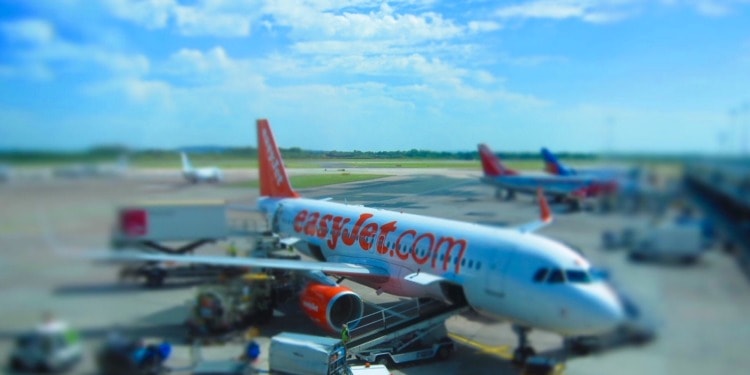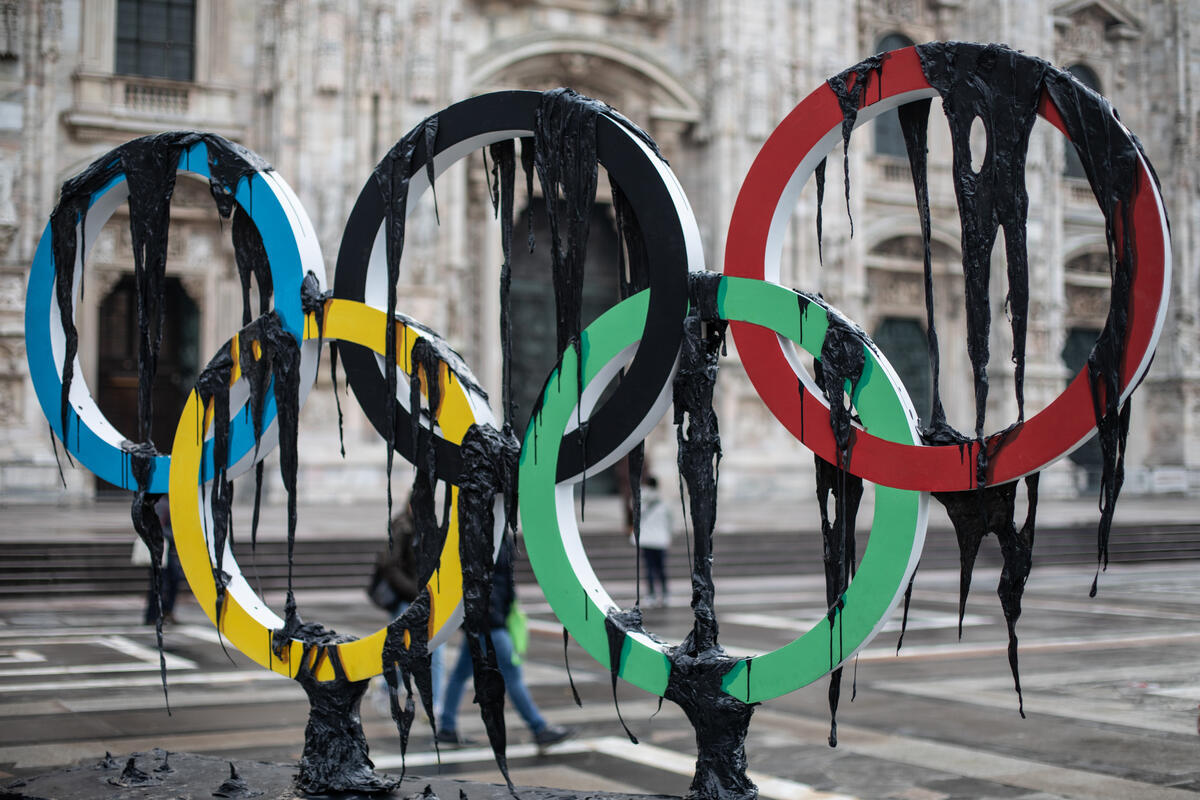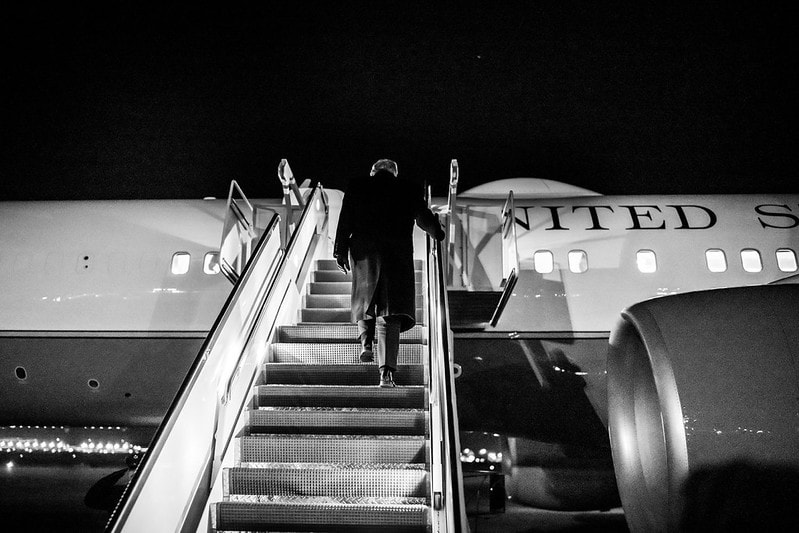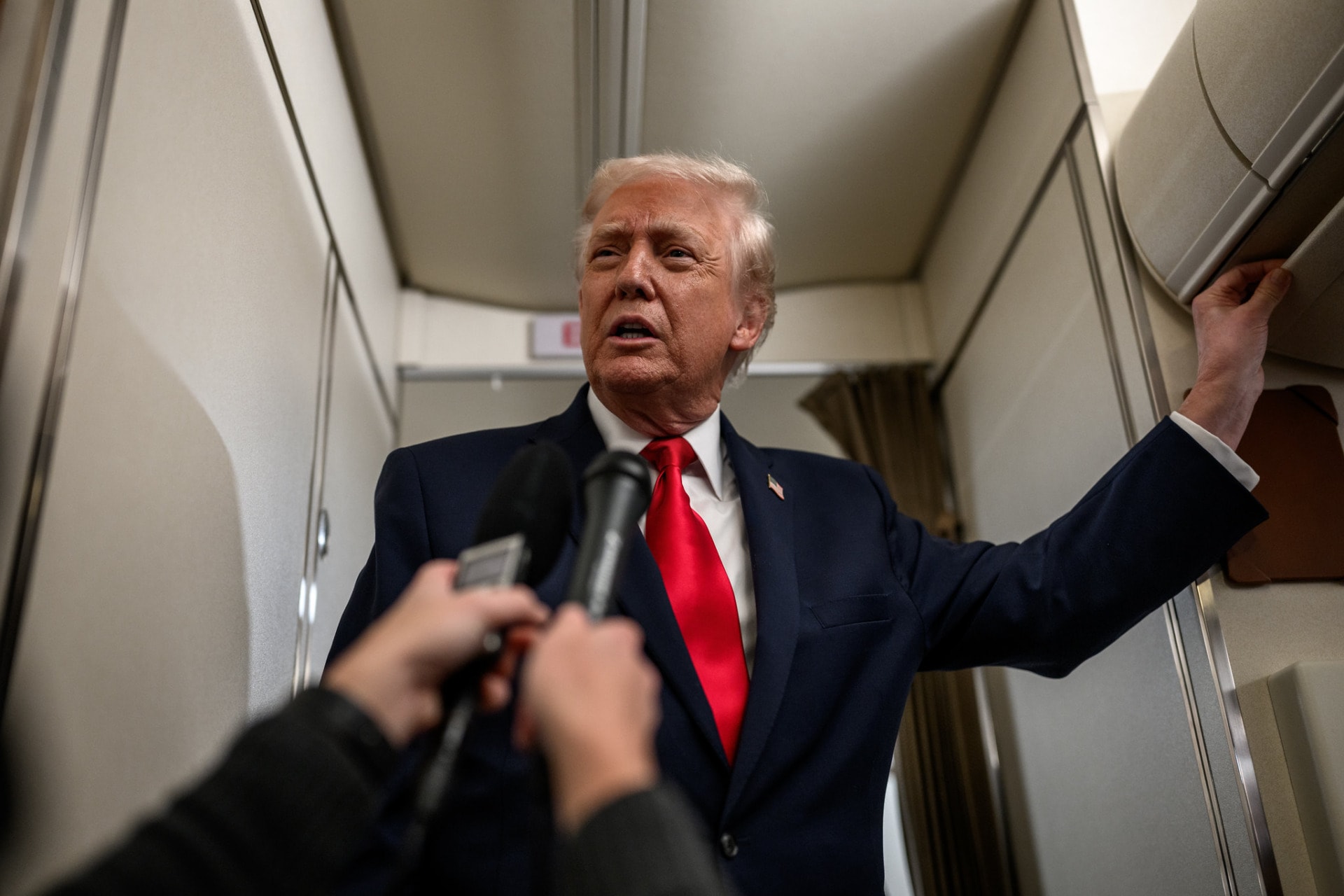A new report found that UK airlines missed all but one climate target since 2000.
The research was conducted by Possible, a climate change charity that aimed to find out whether airlines can be relied upon to set and implement their own climate initiatives that reduce carbon emissions.
As of now the aviation industry voluntarily sets its own climate initiatives to reduce their carbon footprint.
According to the Climate Change Committee, in 2018 air travel was responsible for 7% of the UK’s greenhouse gas emissions.
Previously a representative for the aviation industry mentioned they were committed to significantly reducing its greenhouse gas emissions — yet the latest Possible report reveals contradictory information.
UK airlines missed all climate targets set since 2000 except for one, according to a new report by the charity Possible.
Emissions are rising, the planet is heating, humanity is at risk.
Just 15% of people take 70% of all flights. We need a frequent flyer levy NOW.
— Chris Bettles (@ChrisBettles1) May 10, 2022
What does the report reveal? Only one airline successful
The research conducted looked at environmental goals airlines have set themselves since 2000. The majority of the targets set focused on using greener fuels or making fuel more efficient.
Only one company — EasyJet was successful in meeting more efficient fuel goals. The research found that EasyJet was able to successfully reduce fuel burn per passenger kilometer by 3% by 2015.
Yet the research found overwhelming evidence that the majority of airlines missed all of their climate targets.
Despite EasyJet’s success in reducing fuel burn, EasyJet’s goal to build an “EcoJet” in 2007 was only mentioned until 2009 and then was never mentioned again. The EcoJet was supposed to emit 50% less CO2 than its current planes.
Similarly, Possible found that between 2010-2012 Virgin Atlantic stated that 10% of its fuel would be biofuel by 2020 — the target was never mentioned again until 2021 when Virgin Atlantic announced 10% of alternative fuels would be used in 2030.
The charity also found that $3 billion was promised by Virgin Group founder Sir Richard Branson to be donated to fight global warming but was never delivered.
Another report reveals Boris Johnson’s ‘Jet Zero’ plan is unrealistic
A report released Monday by Element Energy for the Aviation Environmental Federation (AEF) concluded the ministry’s Jet Zero goals may be unrealistic and the focus should be shifted to reducing the general number of flights and halt airport expansion over the next several years. This comes as the AEF plans to expand five regional airports.
AEF’s policy director, Cait Hewitt mentioned the report’s findings found the government’s plans to “(sit) back and (allow) both airports and emissions to grow in the short term while hoping for future technologies and fuels to save the day.”
The UK government’s Jet Zero plan was released two years ago as part of draft policies that aim to get UK emissions to net-zero by 2050.
Boris Johnson announced the Jet Zero plan, which encompasses a goal of commercial transatlantic flights that produce no carbon emissions by 2050.
Yet the report claims they are unsure how the Department of Transport would “deliver the technological improvements” in terms of sustainable fuel and aircraft efficiency.
Instead, the report suggested focusing on reducing the number of flights, halting expansion plans, expanding carbon pricing and taxing frequent flyers and kerosene.
Yet reducing the number of flights will change pricing significantly
The government’s latest initiative claims flights can continue and still reach net zero by 2050, yet the reports reveal this goal is most likely not possible and unrealistic.
If the aviation industry can’t find the right technology to make planes either more efficient or sustainable, the only step to significantly reducing carbon emissions will have to be reducing flights altogether.
Yet with limiting flights, the price will also have to go significantly up as demand becomes bigger than the supply.
In the last few years, the COVID-19 pandemic has also limited the number of flights due to staff shortages and other related matters — the reduction of flights almost happening naturally at this point.
There were 120 flights cancelled, by a single airline, from a single airport, today alone due to #COVID19 illness —> staff shortages. This #coronavirus will make us write “#WearAMask indoors in public” on the chalkboard over & over ‘til we learn it. 🤦🏻♀️https://t.co/PxLn4euuyX
— Tatiana Prowell, MD (@tmprowell) May 16, 2022
The latest Possible report reveals the aviation industry’s lack of ability to self-govern their own industry and effectively implement climate change initiatives.
Clearly, reducing the number of flights would be the easiest way to decrease carbon emissions, especially with the aviation industry’s unfilled promises. Though perhaps if the aviation industry took climate initiatives more seriously or focused on sustainability goals more often, fuel efficiency and Johnson’s Jet Zero plans could be reachable.
Editor’s Note: The opinions expressed here by Impakter.com columnists are their own, not those of Impakter.com — In the Featured Photo: EasyJet plane at Manchester airport on July 10, 2015. Source: Richard Heyes, Flickr.














